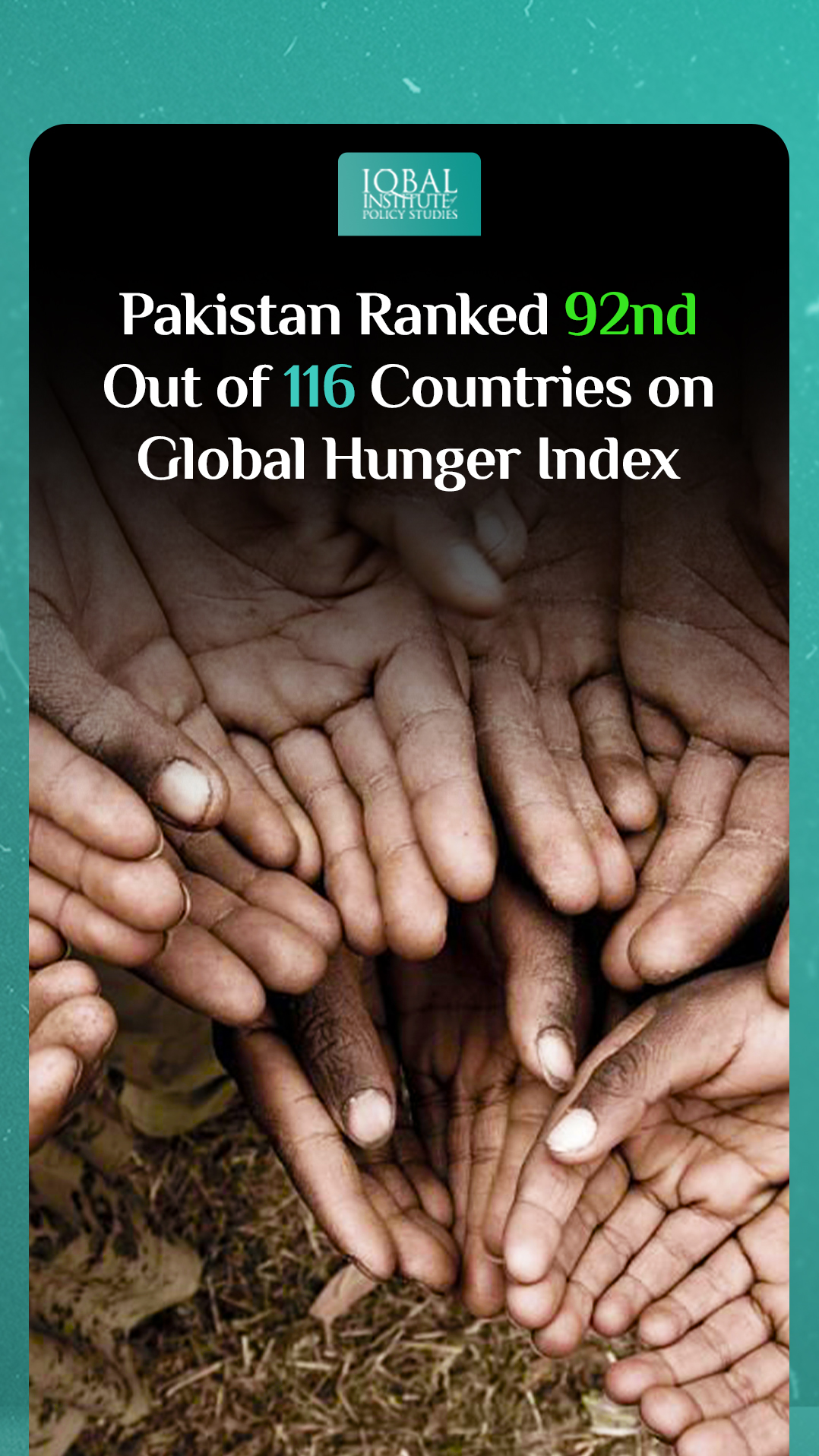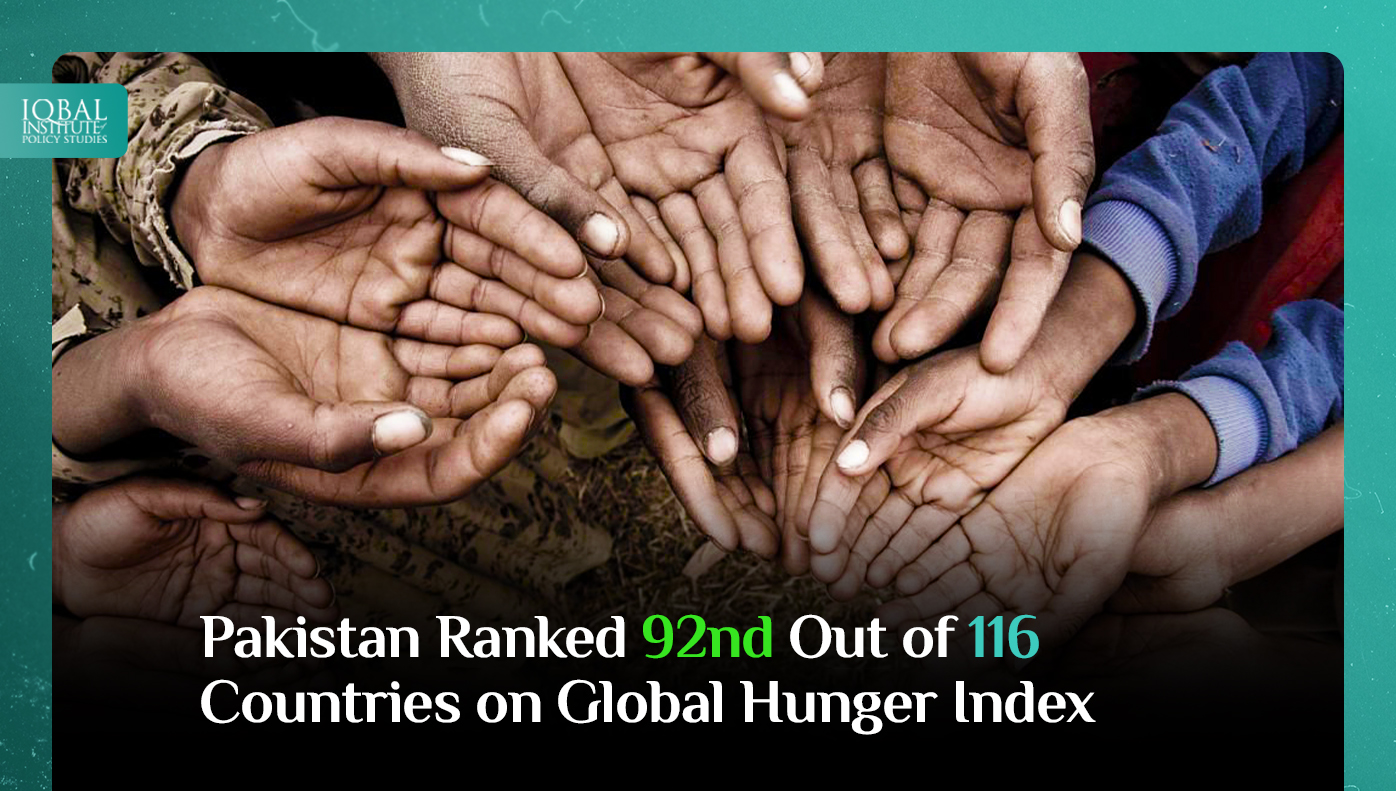Food insecurity is one of the fundamental elements of poverty alleviation. Achieving it is necessary to restrain malnutrition and ensure adequate nutrition for all. When there is low access to nutritious, safe and varied food for an individual or a household, that household or individual is food insecure. Over the years, the global prevalence of hunger has increased, which indicates that about 8.9% of the world’s population is hungry (Food and Agriculture Organisation). Recent estimates show that there are more hungry and underprivileged people than ever. Approximately, there are 811 million hungry people around the globe, and 41 million people are on the edge of starvation. Based on current data, it is expected that by 2030, 47 nations will still have high levels of hunger, including 28 in Africa. In the Global Hunger Index, developed countries are not included; only the data of 116 countries, including developing and under-developed countries is available. Countries with a reduced hunger ratio are close to zero, and those close to 100 have a higher hunger ratio.
Pakistan is also considered among the countries facing a severe hunger problem. However, Pakistan has improved the Global Hunger index in the past years. According to recent data by the United Nations, the situation of hunger in Pakistan has improved since 2000. The ratio was 36.7 in 2000, 33.1 in 2006, 32.1 in 2012, and subsequently decreased to 24.7 in 2021. With a score of 24.7%, Pakistan is ranked 92 out of 116, better than the neighbouring country, India, at 101. Recently, Pakistan has made several policies to reduce the prevalence of hunger in the country, including the Multi-Sectoral National Nutrition Policy and the 2017 Food Security Policy. Other efforts to improve appetite in Pakistan include giving tax exemptions on food fortifying equipment and starting soup kitchens to fight hunger.



Leave a Reply